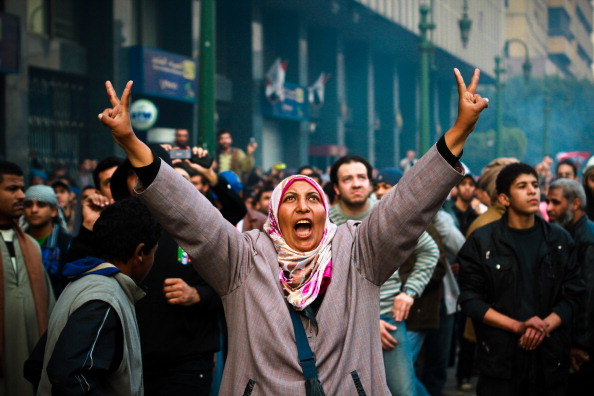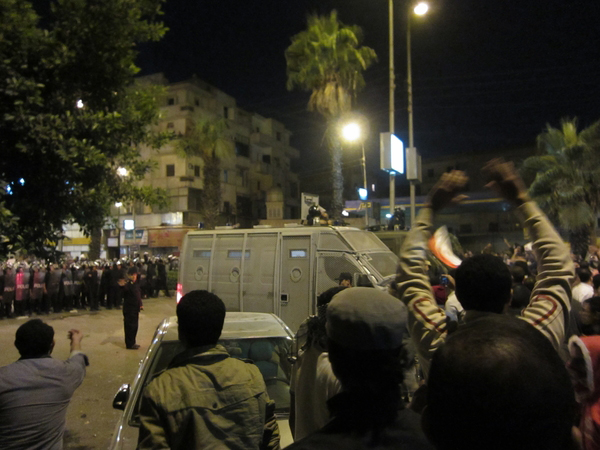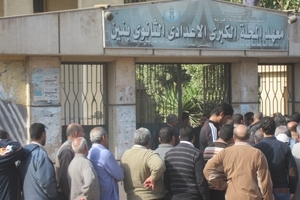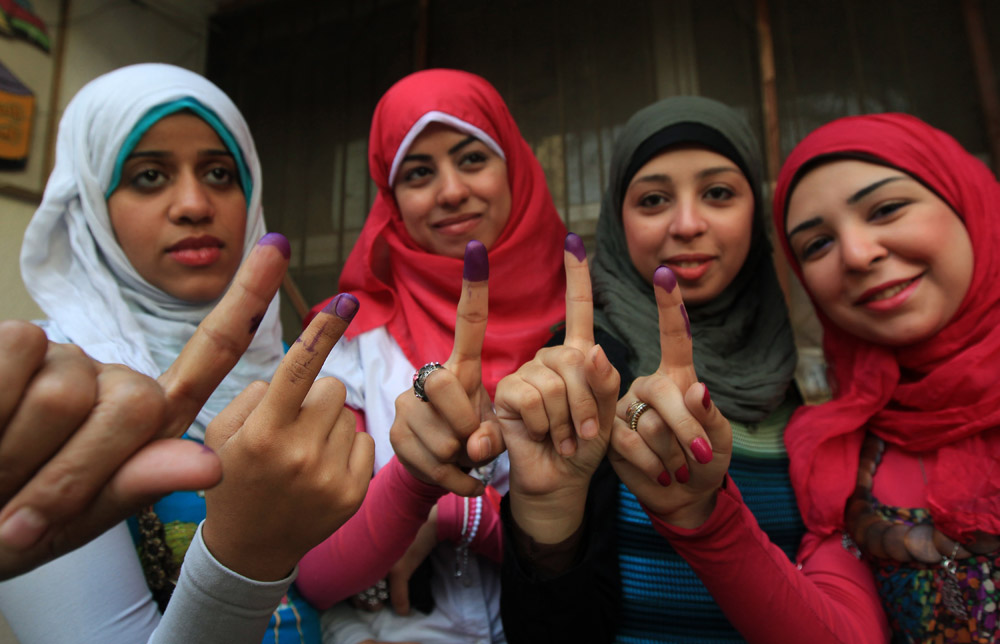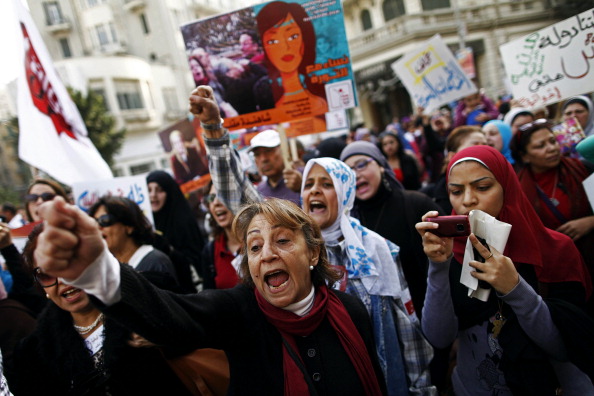
Faced with a spike in sexual violence against female protesters, Egyptian women are overcoming stigma and recounting painful testimonies to force silent authorities and a reticent society to confront ‘sexual terrorism’ (Photo Credit: Mahmud Khaled/AFP/Getty Images).
The hopes and aspirations of Egypt’s 2011 uprising may rest in the ability of women to fight back against official discrimination and gender-based violence in the public arena.
Today, women play a leading role in the struggle for human rights in Egypt, but they’re paying a price for it through laws that marginalize them, increasing number of sexual assaults of women protesters and official pronouncements from authorities that women are to blame for the attacks on them.
A new Amnesty International campaign intends to reverse the loss of rights and to reclaim the promises of the Tahrir uprising by demanding that Egyptian authorities, both civilian and military, condemn sexual violence, fulfill their obligations to ensure women have the full spectrum of human rights and to press for accountability for past abuses.
